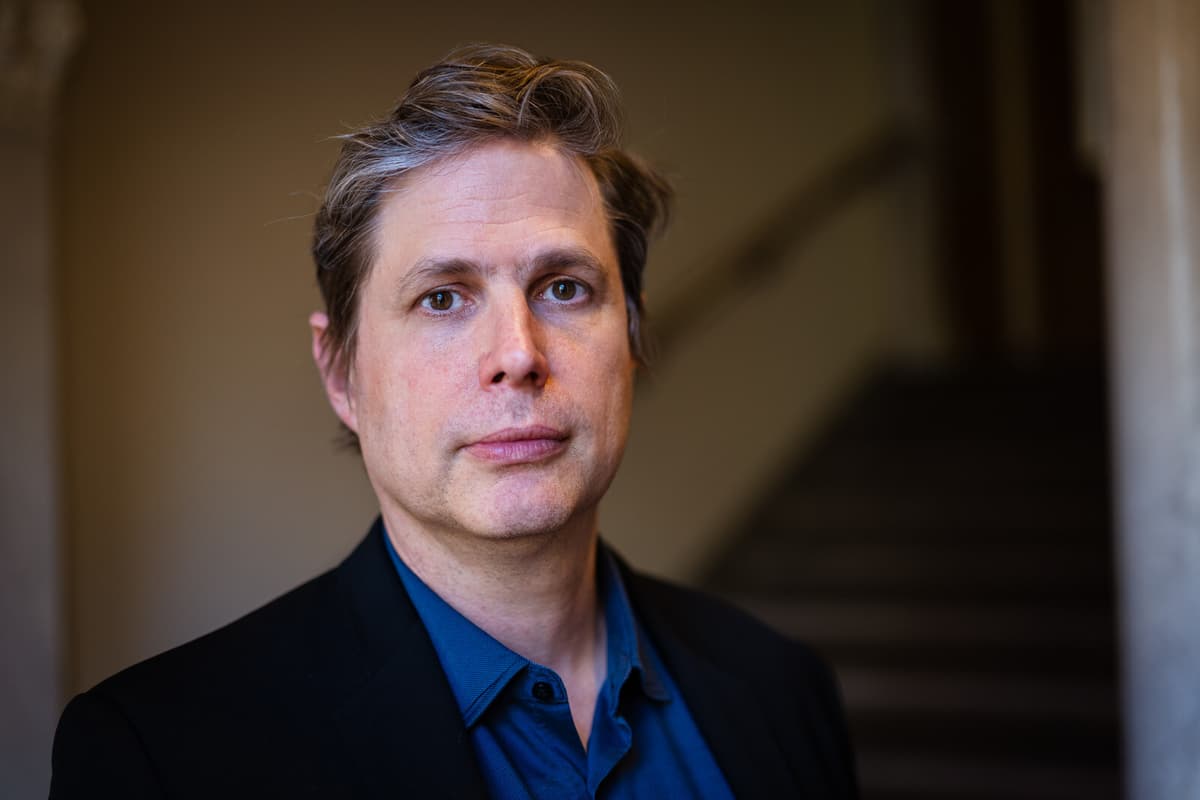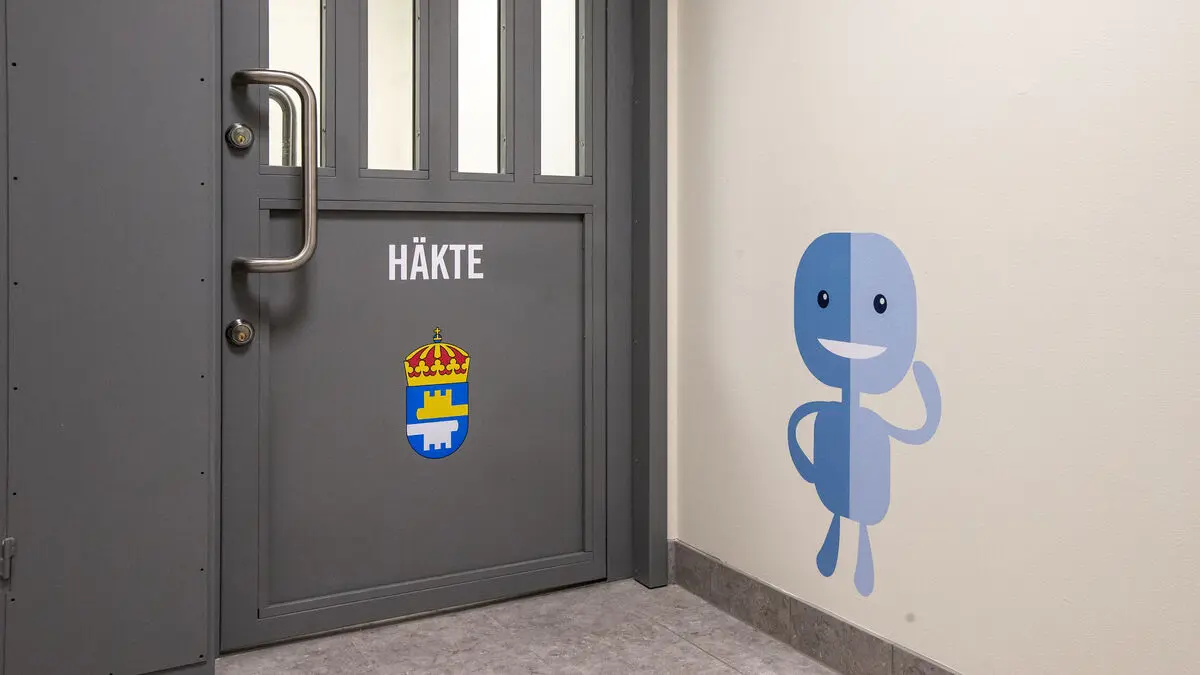Pabst was an assistant director to Leni Riefenstahl, but in Kehlmann's acclaimed novel "Ljusspel" Pabst is no follower of Hitler's propagandist, on the contrary. It was not her that Daniel Kehlmann wanted to write about.
I don't think she's interesting, she was a real Nazi and I didn't want to spend so much time with someone like that.
German-Austrian Daniel Kehlmann, a renewer of the historical novel, chose instead "the red Pabst", an Austrian film director who brought Brecht to the screen and made silent films about poor women in 1920s Vienna. In the mid-1930s, he had made it all the way to Hollywood but still visited Austria just before the outbreak.
I thought, what is this? It was so hard to get to Hollywood, to get a visa and even make a film, if you managed that – why would you then go back?
Demanding mother
Kehlmann lets Pabst return to take care of his demanding mother – and then get stuck. When Hitler's threatening propaganda ministry offers him a film budget and some artistic freedom, he says yes.
The films that the real Pabst made in Nazi Germany also became more artistically interesting than those he made in Hollywood, Kehlmann tells.
Someone has described my book as a Faustian agreement, but it's the opposite. There is no moment when the devil appears and gives him a choice, it's a long way of small steps that all seem acceptable, but which in their entirety are not.
Eventually, Pabst also heils. Kehlmann portrays a director as self-evident in the director's chair as clumsy outside. He lets his film art go before everything else, and, like the real Leni Riefenstahl, Kehlmann points out, his Pabst ultimately doesn't even shy away from using concentration camp prisoners as extras.
The authoritarian state is so good at making you an accomplice in every step.
No politics
Today, film directors in Russia and Iran are in comparable situations, he notes – and this year's Oscars ceremony shocked him.
Just a year ago, these people were on stage so wonderfully liberal and progressive. Now, nobody had anything political to say – because they still want to be able to make films.
I felt – just like in my novel – oh god, this is happening right now.
Austrian film director (1895–1967). Is best known for the silent films "The Joyless Street" (1925) – with Greta Garbo – and "Pandora's Box" – with Louise Brooks.
During the war, he made two films in Nazi Germany: "The Comedian" (1941) and "Paracelsus" (1943) plus a third film that is lost.
In 1948, he received the director's prize at the film festival in Venice for "The Lost Son". In 1955, he made the anti-fascist film "Hitler's Last Days", but in the post-war period, he became associated with the Nazi regime, Daniel Kehlmann tells. Unlike the Austrian director Fritz Lang, who fled to the USA, GW Pabst has fallen into oblivion.
Born: 1975 in Munich but grew up in Vienna. Parents were actors, father also a director.
Books: Debuted in 2007 with the novel "The Measure of the World". The former, "Tyll", deals with the 30-year war – Kehlmann makes fun of the war king Gustav II Adolf and empathizes with the vulnerable.
Current: With the novel "Ljusspel".






